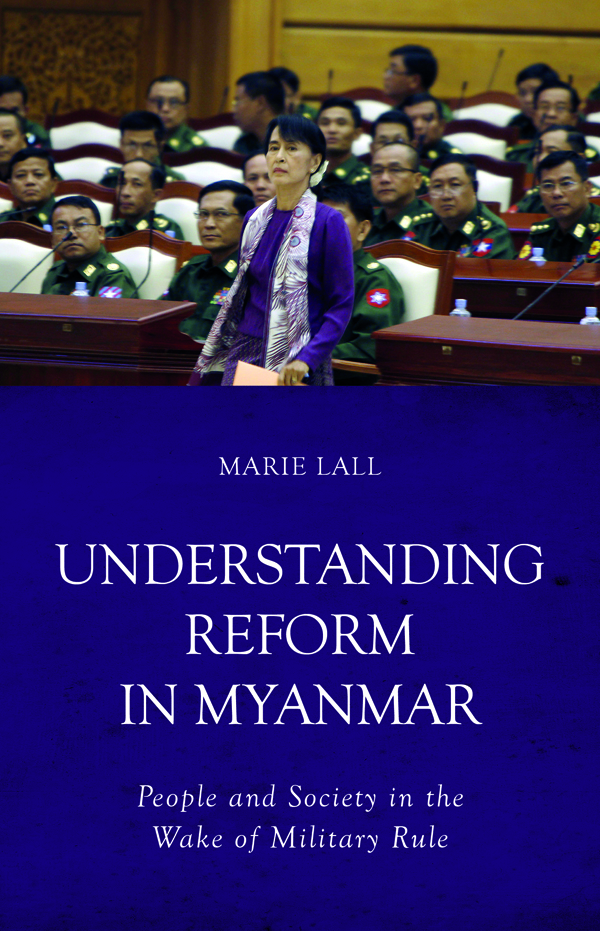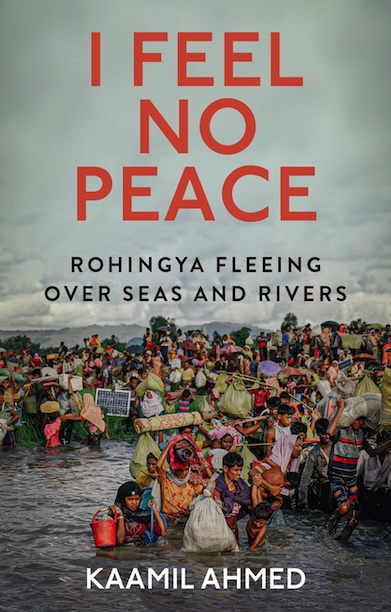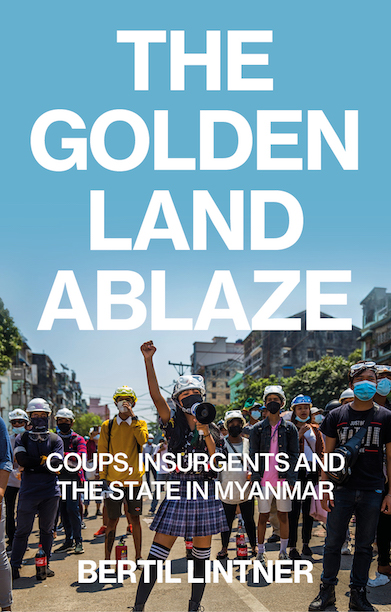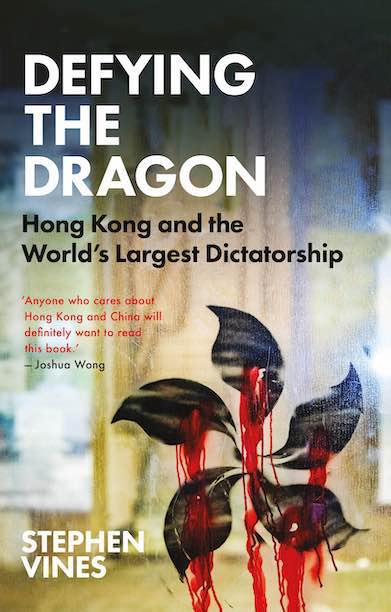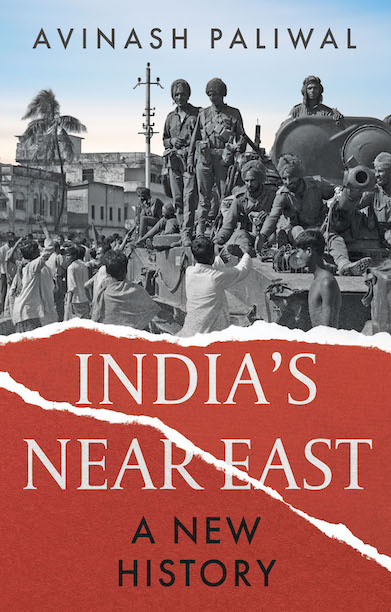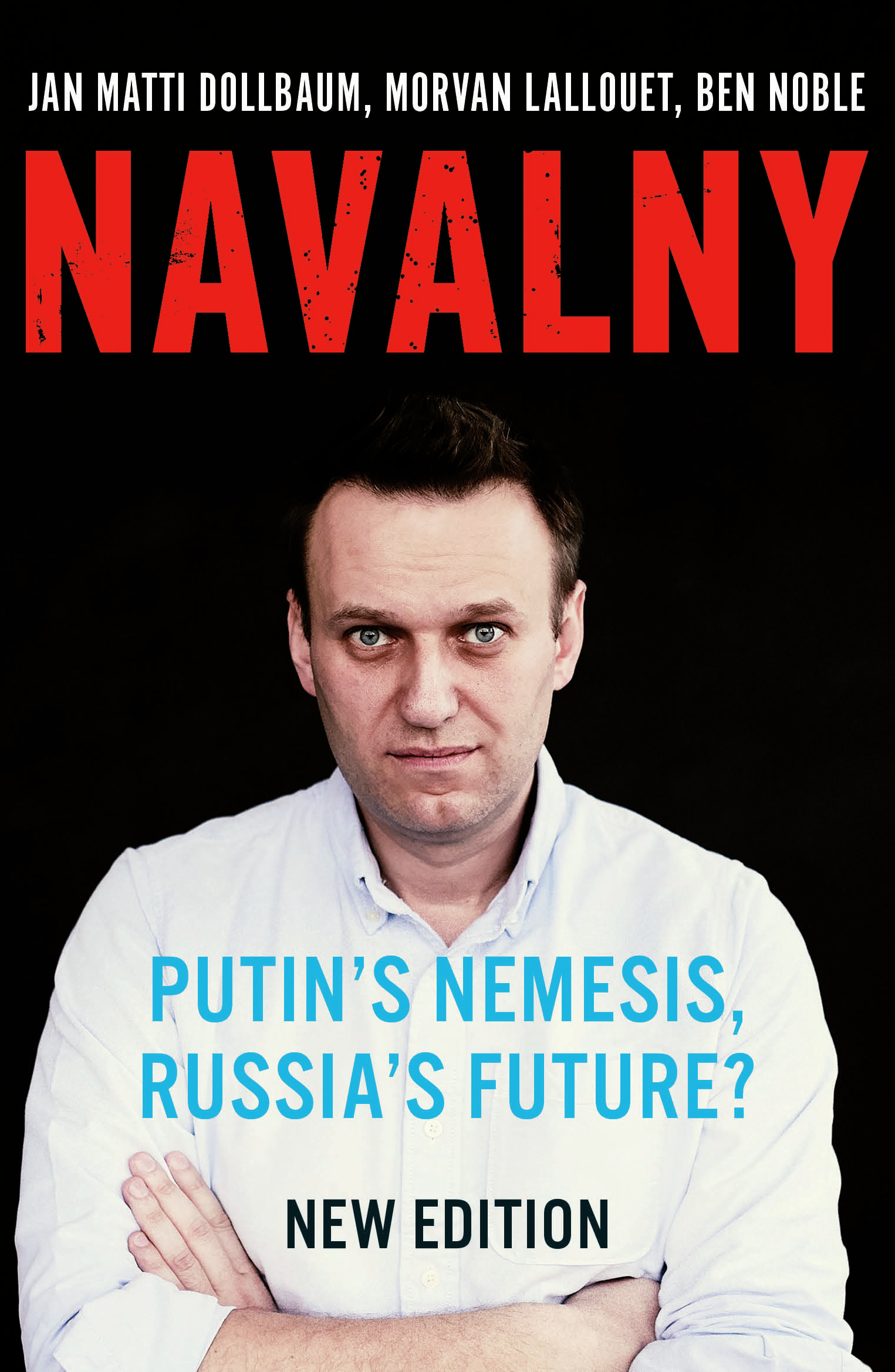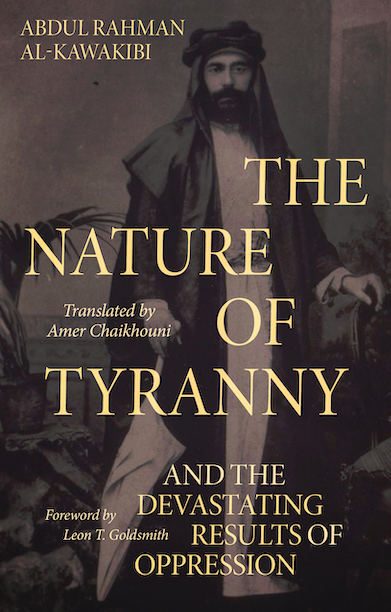Understanding Reform in Myanmar
People and Society in the Wake of Military Rule
A tough-minded reappraisal of the process by which the generals introduced political reform to Myanmar, Lall’s book is unsentimental in challenging head on the orthodox view of this phenomenon.
Description
Marie Lall’s book seeks to uncover and explain the recent political and economic reforms implemented in post-military Myanmar, focussing on the key turning-points that ushered in the current transformation programme, particularly those affecting education, NGOs and social justice.
She maps the main reform priorities, explaining how they are interconnected, and what has been achieved, which amount to the first tentative steps towards ‘democratisation’, albeit under the umbrella of President Thein Sein’s controlled and more inclusive governance.
Beyond the building site that is now Yangon, burgeoning urban car ownership and ubiquitous mobile phone use, there remains a widening gap, sharpened by inflation, between rural and urban Myanmar, at social, economic and political levels. Peasants are losing their livelihoods to development schemes that are being created to bring in foreign investment, and social justice is largely absent from the country’s reform agenda.
While the country has changed significantly, has the West been gulled into mistaking ‘discipline-flourishing democracy’ for true participatory democracy? Will the hopes of Aung San Suu Kyi coming to power in Yangon at the head of the National League for Democracy through an open and fair ballot ever be realised? These and other questions are scrutinised in this shrewd analysis of post-military Myanmar.
Reviews
‘At its heart [the book] is a rigorous look at the reform process over the past few years, written partly from an insider’s viewpoint: Ms Lall continued to work with NGOs and colleges in Myanmar even when the country was largely boycotted by the West before 2010 … Ms Lall’s book is also a sobering reminder of what a monumental job the new NLD government has to reconstruct the country.’ — The Economist
‘A truly remarkable insight into Myanmar’s exciting move away from deeply entrenched military rule. Marie Lall’s ten year Odyssey inside this enigmatic country shatters many Western illusions, and highlights the extent to which the current transition owes so much to responsible civil society responding to unexpectedly enlightened leadership.’ — Derek Tonkin, former British Ambassador to Thailand and Vietnam
‘Understanding Reform in Myanmar is essential reading for anyone who takes a serious interest in the politics of Myanmar (Burma). This bold and incisive account describes how President Thein Sein’s reforming government emerged from the previous military regime, and the key roles played by civil society actors, often working behind-the-scenes to promote change in this beautiful but troubled country. Professor Lall also provides timely insights into some of the challenges which lie ahead, following the National League for Democracy’s decisive election victory in November 2015.’ — Dr Ashley South, Myanmar scholar and consultant, Chiang Mai University
‘This is a very significant work which makes a major contribution to the literature. Marie Lall demonstrates unprecedented access to sources of data, not only in existing reports but also to key individuals. Understanding Reform in Myanmar is fact-filled, and breathtaking in the depth and quality of research into what is an extremely broad topic — it contains a wealth of detail I did not know.’ — Dr Anthony Ware, Senior Lecturer in International and Community Development, Deakin University
Author(s)
Marie Lall has spent many years teaching and researching in Myanmar. She is Professor of Education and South Asian Studies at UCL Institute of Education.
